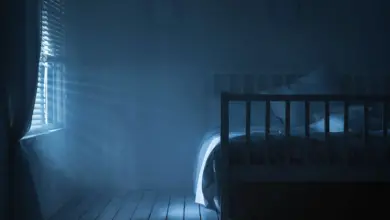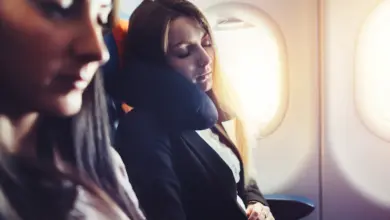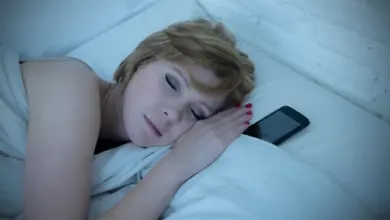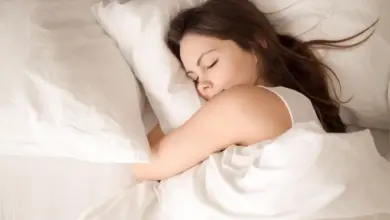Do Women Need More Sleep Than Men?
Do Women Need More Sleep Than Men? Exploring Sleep Differences
Medical Disclaimer: The following article is for informational purposes only, and should not be taken as medical advice. If you have any questions or concerns, please speak with your doctor.
WhatASleep is always happy to answer any questions about sleep health. Think tanks all over the world, like you are also obsessed with the differences between the sleep patterns of women and men.
Some of these include the National Sleep Foundation and the University of Michigan.
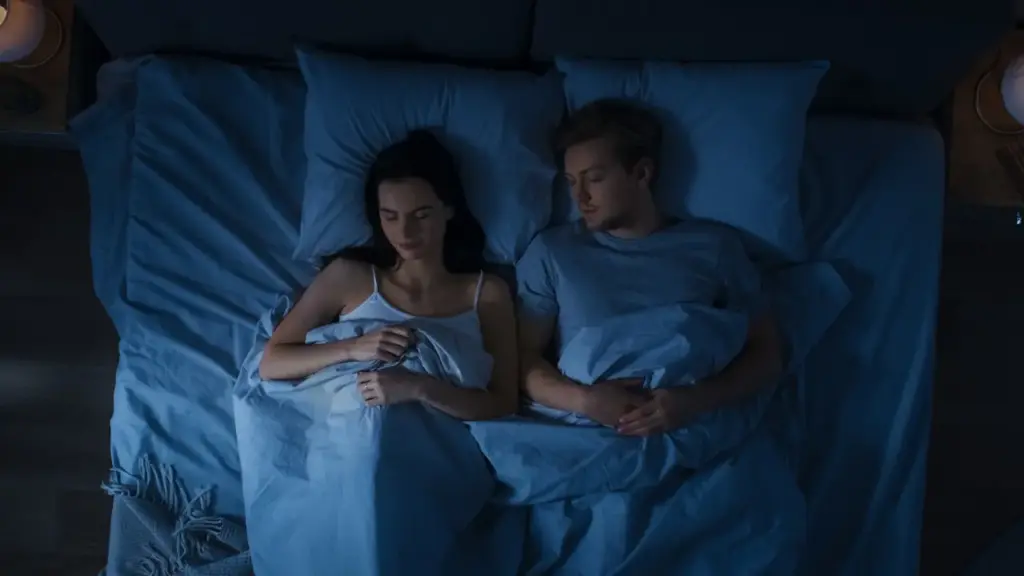
In 2008, a study conducted by Duke University Medical Centre in Durham revealed that women need more sleep. In 2015, a study led by Professor Jim Horne of the Sleep Research Centre at Loughborough University confirmed this. His team examined 210 healthy middle-aged men and women who had no history of sleeping disorders and found that women needed 20 minutes more sleep than men.
The universal recommendation for adults is 7 to 8 hours of sleep, so ladies make sure you get that and a little more.
Why Do Women Need More Sleep?
The brain of a woman is more complex, and it’s wired differently. Women are generally better at multitasking. Women are more likely to multitask, so they use their brains a lot. The more women multitask, the longer it takes for their brains to recover.
Women need more sleep than men because of the emotional and physical drain that multitasking causes. Professor Jim Horne says:
What happens to women who don’t get enough sleep? The Duke University Study found that women who slept less were more likely to experience psychological distress, which increased their risk for heart disease, type 2 diabetes, mood disorders, and depression. Sleep-deprived women are also more irritable and angry, according to other research.
Ladies, science is on your side. Next time someone makes fun of you for staying longer in bed, use these facts to shut them up.
Why don’t women sleep enough?
The Sleep Health Foundation conducted a survey among 1,011 Australians over the age of 18 and found that 40 % of females had difficulty falling asleep, compared to 26 % of males. In this 2016 survey, the age difference was not very large.
According to a new study, women have twice the risk of men having trouble falling asleep or staying asleep.
But why? A study done by The University of California at the Los Angeles Sleep Disorder Centre lists some of the factors that affect women’s quality and quantity of sleep, most of which are related to the hormonal changes that happen throughout their lives.
- Some women experience sleep disturbances during their menstrual cycle.
- Women who are pregnant struggle to sleep because they prioritize the comfort of the fetus above their own preferences. Add to that, the difficulties caused by their changing bodies and weight gain, as well as unease.
- Menopause hot flashes can also interfere with sleep.
- The elderly may be unable to rest due to psychological issues.
- They are also awake at night due to emotional distress and depression.
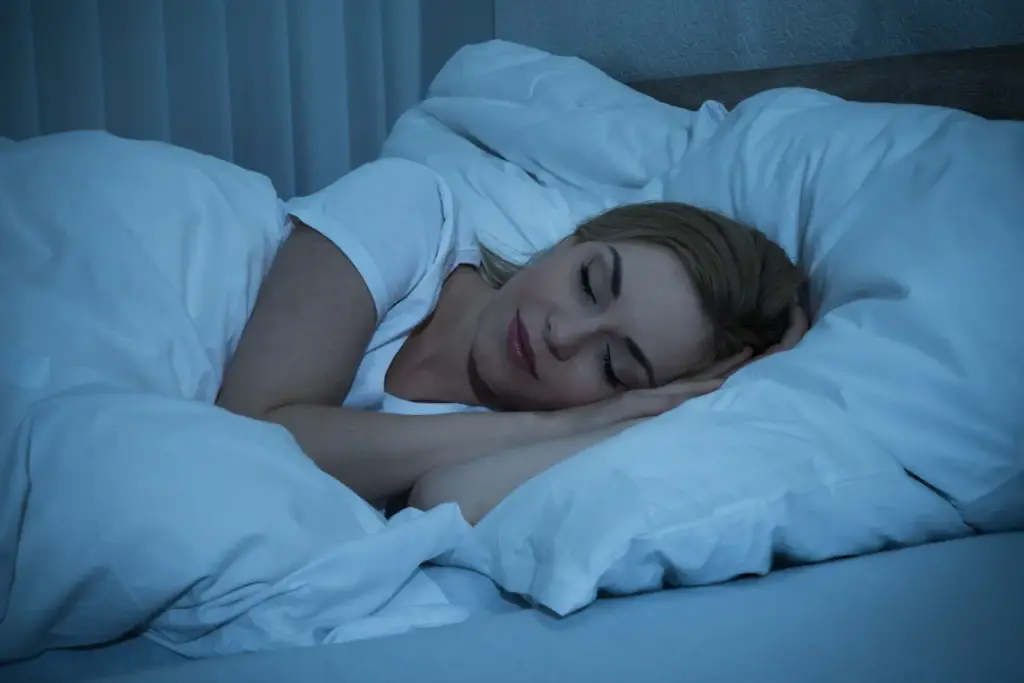
What is the State of Men’s Sleeping?
Men and women are affected by lack of sleep differently. According to a Duke University study on sleeplessness, men are less likely than women to suffer from ailments.
What’s more worrying is the fact that men see their lack of sleep as a sign of their routine and hardworking nature. The University of California at Los Angeles Sleep Disorder study found that men’s sleep patterns are affected by their hectic lifestyles, the pressure of taking care of family members and stressful jobs.
Try These Tips for Better Sleep
The habit of sleeping well and on time is no different from any other habit. The effort is well worth it. Sleep is important to maintain good health and rejuvenate the body and mind.
Here are some tips to help adults sleep like babies:
-
- Read a book or listen to soothing music before going to bed.
- Do breathing exercises or meditation every day.
- Create a schedule for sleep and follow it.
- Before you call it a night, keep your bedroom cool and dark.
- Do not use your laptop or smartphone when you are in bed.
- Sleep expert Dr Michael Breus from Duke University says that if you are having trouble sleeping, take strategic naps. Your nap should only last 25 minutes or 90 minutes. He warned that if you sleep for any longer than 90 minutes, you will feel worse upon waking.
- Consult your doctor if sleeplessness persists.
- You can also invest in a mattress that is more suited to your sleeping habits and posture
This article will hopefully convince you that you deserve to be able to sleep better and longer
